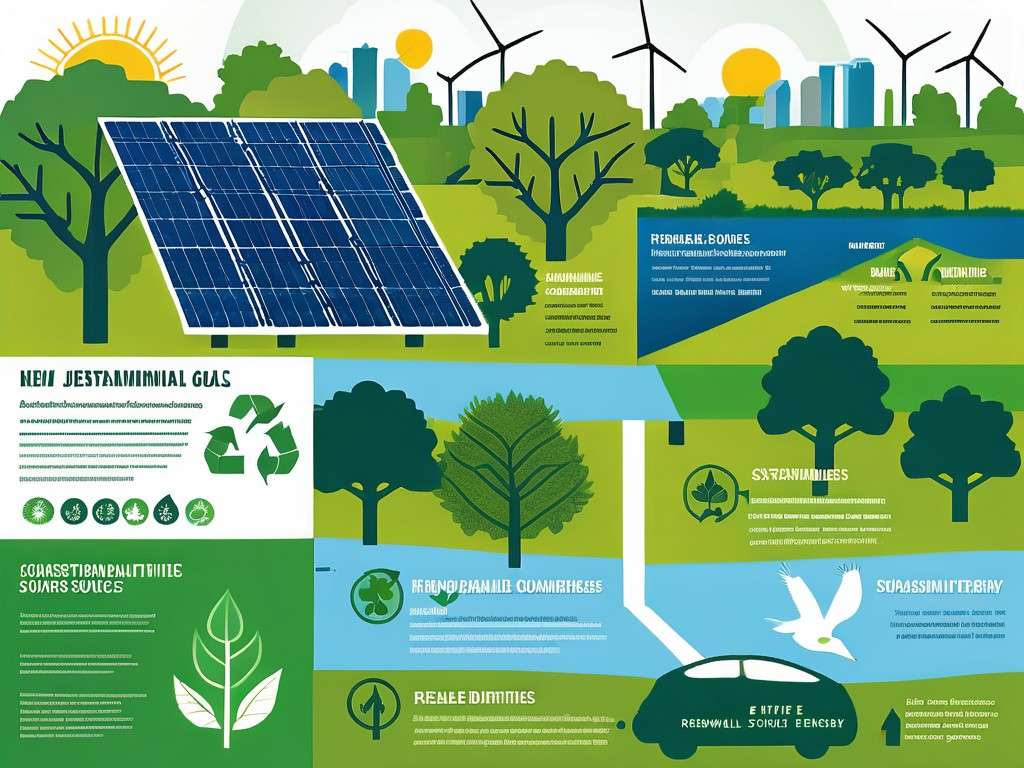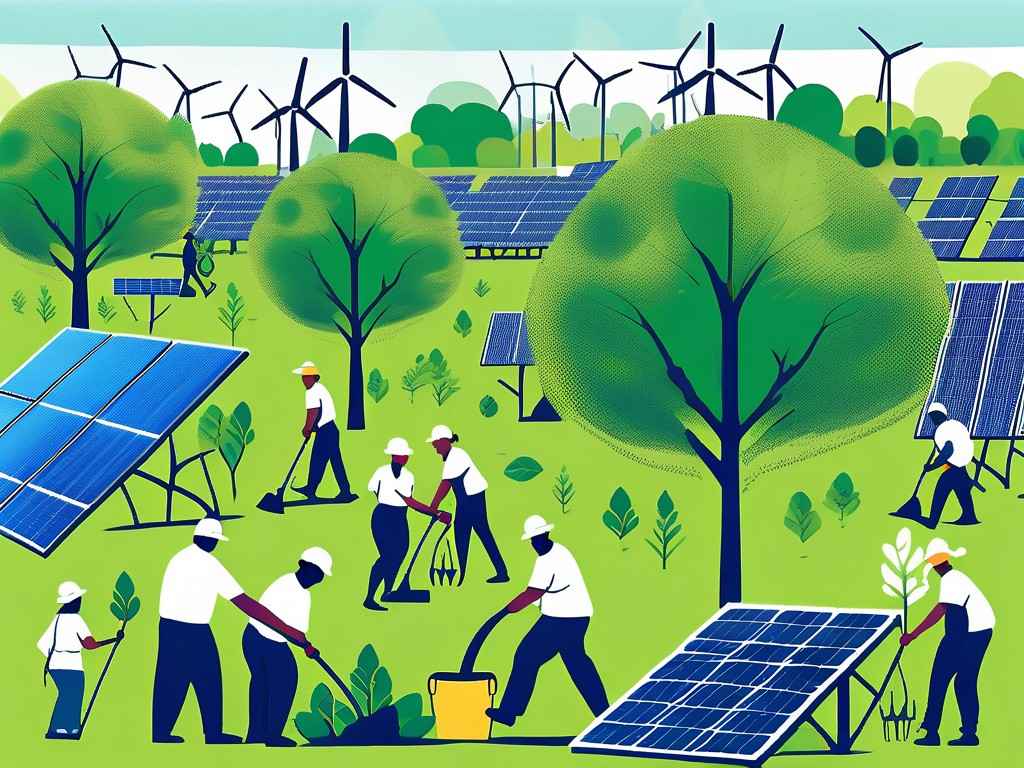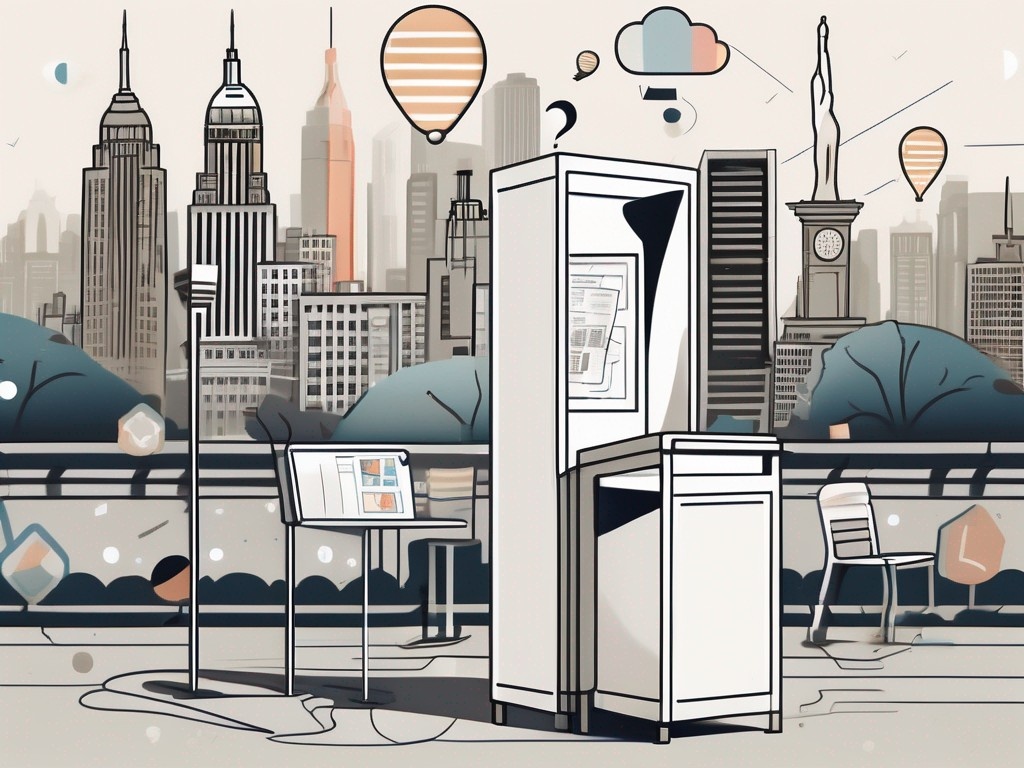Understanding New Jersey’s Environmental Goals
New Jersey has embarked on an ambitious path towards sustainability, driven by a combination of legislative action, community efforts, and individual commitments. With the advent of various environmental policies, the state aims to reduce greenhouse gas emissions, improve waste management, and enhance biodiversity. Understanding these goals is essential for residents who wish to contribute meaningfully to the preservation of their environment.

At the heart of New Jersey’s environmental objectives is a commitment to combat climate change. This involves transitioning to renewable energy sources, reducing reliance on fossil fuels, and enhancing energy efficiency across various sectors. The state is also focusing on preserving its natural habitats, ensuring that wildlife has the spaces it needs to thrive while decreasing the human impact on these ecosystems. The preservation of wetlands, forests, and coastal areas not only supports biodiversity but also plays a critical role in protecting communities from flooding and other climate-related disasters.
The Importance of Individual Contribution
While governmental initiatives are crucial, the importance of individual contributions cannot be overstated. Each resident’s actions, no matter how small, can cumulatively make a significant difference in the environment. Simple lifestyle changes, such as using public transport or reducing electricity use, all contribute to the larger picture of environmental health. Moreover, engaging in local clean-up efforts or participating in community gardens can foster a deeper connection to the environment and promote a sense of responsibility towards it.
Moreover, individuals set examples for others in their communities, inspiring collective action. As more individuals recognize their potential impact, a cultural shift toward sustainability may emerge, fostering a community-wide commitment to environmental stewardship. Educational programs in schools and community centers can further amplify this message, encouraging younger generations to adopt eco-friendly practices early on. The ripple effect of these actions can lead to a more informed and proactive populace, ready to tackle the environmental challenges ahead.
Statewide Initiatives for a Greener New Jersey
New Jersey has implemented several initiatives aimed at fostering environmental consciousness. Programs like the Clean Energy Act and the Energy Master Plan outline strategies for promoting renewable energy technologies and sustainable practices. These initiatives encourage both public and private sectors to invest in solutions that reduce environmental footprints. Furthermore, the state is actively promoting energy-efficient building codes and incentives for homeowners to upgrade their appliances, which can significantly lower energy consumption and costs.
Additionally, New Jersey’s commitment to the Regional Greenhouse Gas Initiative provides a framework for regulating carbon emissions from power plants. The involvement in such initiatives showcases the state’s leadership in climate action, encouraging residents to align their activities with the broader goals of sustainability. Public awareness campaigns and workshops are being organized to educate citizens about the importance of these initiatives, helping to demystify the processes involved and encouraging more people to participate in the state’s green efforts. By fostering a collaborative environment, New Jersey aims to create a sustainable future that benefits both its residents and the planet.
Practical Steps for Residents to Contribute
Residents can take tangible steps toward contributing to a greener New Jersey by adopting environmentally friendly practices in their daily lives. These practices can range from reducing waste to promoting energy efficiency.

Reducing Household Waste
One of the simplest yet most effective ways residents can contribute is by minimizing household waste. Engaging in practices like composting kitchen scraps and reducing single-use plastics can significantly lower the amount of waste sent to landfills.
Moreover, residents can participate in local recycling programs to ensure that materials like glass, paper, and metals are processed appropriately. Educating family members about waste reduction principles, such as the “three Rs” — Reduce, Reuse, Recycle — can foster a sustainable mindset within households. In addition, organizing community clean-up events can amplify these efforts, as neighbors come together to clean local parks and streets, reinforcing a sense of community responsibility while directly benefiting the environment.
Energy Efficiency at Home
Improving energy efficiency is another crucial area where residents can make an impact. Simple adjustments, such as switching to LED light bulbs, using energy-efficient appliances, and properly insulating homes, can lead to significant energy savings.
Furthermore, residents can explore renewable energy options, such as installing solar panels. New Jersey offers various incentives and rebates for homeowners who invest in solar energy systems, making it more accessible to adopt clean energy solutions. Additionally, homeowners can consider energy audits, which can identify areas where energy is being wasted and suggest improvements that can lead to both cost savings and a reduced carbon footprint.
Sustainable Transportation Choices
Transportation is a significant contributor to greenhouse gas emissions; hence residents should consider sustainable alternatives. Opting for public transportation, carpooling, biking, or walking not only reduces individual carbon footprints but also eases traffic congestion.
Additionally, transitioning to electric or hybrid vehicles can further decrease emissions associated with personal transportation. New Jersey is investing in charging infrastructure to support electric vehicle owners, allowing for a smoother transition to sustainable transportation methods. Community initiatives, such as bike-sharing programs and the promotion of safe biking lanes, can also encourage more residents to choose cycling as a viable and enjoyable mode of transport, further enhancing the state’s commitment to reducing its environmental impact.
The Impact of Community Involvement
Community involvement is pivotal for amplifying the impact of individual actions. When residents collaborate and organize, their collective efforts can achieve significant environmental milestones. The sense of ownership that comes from participating in community initiatives fosters a deeper connection to the local environment, encouraging individuals to take responsibility for its preservation and enhancement.
Organizing Local Green Initiatives
Encouraging neighborhood clean-up days, tree planting events, and educational workshops can enhance community spirit while promoting environmental awareness. These activities not only help beautify the local area but also educate participants on the importance of stewardship. For instance, tree planting events can lead to increased biodiversity, improved air quality, and even cooler urban temperatures, making neighborhoods more livable and resilient against climate change.
Furthermore, collaboration with local environmental organizations can provide resources and support for community-led initiatives. This synergy often generates momentum for larger projects—ultimately leading to meaningful environmental change in the community. Local businesses can also play a crucial role by sponsoring events or providing materials, creating a network of support that strengthens community ties and encourages sustainable practices among residents.
The Power of Collective Action
Collective action is a force multiplier in the movement towards sustainability. When individuals join forces, their voice is amplified, making it possible to advocate for significant policy changes at various levels of government. Grassroots movements can lead to the establishment of community gardens, recycling programs, and renewable energy projects that reflect the values and needs of the residents.
By participating in community forums and public discussions, residents can convey their priorities and concerns regarding environmental policies. This engagement not only strengthens community bonds but also fosters a democratic approach to environmental stewardship. Additionally, sharing success stories from local initiatives can inspire neighboring communities to adopt similar practices, creating a ripple effect of positive environmental action. As more people become involved, the collective knowledge and experience within the community grow, empowering residents to tackle even more ambitious sustainability challenges together.
Policy Support for Environmental Goals
Effective policies form the backbone of New Jersey’s environmental ambitions. For residents to truly make a difference, understanding local policies is paramount.

Understanding Local Environmental Policies
Local environmental policies dictate how residents can participate in and benefit from sustainability initiatives. Understanding zoning laws, waste management regulations, and energy usage guidelines helps residents align their actions with broader environmental goals.
Engaging with local government meetings and reviewing proposed policies can foster a sense of ownership among residents. This, in turn, encourages proactive support for initiatives that promote sustainability.
Advocating for Green Policies
Advocacy plays a crucial role in shaping environmental policy. Residents should not hesitate to voice their perspectives, particularly regarding new developments, energy projects, or infrastructure changes that could impact the environment.
Joining advocacy groups or participating in campaigns aimed at promoting eco-friendly legislation can amplify individual voices. Such grassroots efforts often lead to tangible policy changes that benefit both the community and the environment.
The Future of a Green New Jersey
As New Jersey progresses toward its ambitious environmental goals, the future of the state’s ecological landscape holds promise for residents who actively contribute to sustainability.
Predicted Environmental Improvements
With continuous commitment from residents, businesses, and government, significant improvements in air quality, reduced carbon emissions, and enhanced green spaces can be anticipated. These changes not only benefit the environment but also promote a higher quality of life for all citizens.
Community gardens, urban forests, and restored habitats will contribute to biodiversity, while improved waste management systems will ensure a more sustainable approach to consumption.
The Role of New Technologies in Achieving Sustainability
Emerging technologies will play an essential role in achieving New Jersey’s environmental goals. Innovations in renewable energy, smart home technology, and waste management systems promise to enhance energy efficiency and reduce environmental impact.
As residents embrace these new technologies, they can further reduce their carbon footprints and lead the charge toward a sustainable future. Active participation in technological adoption, such as energy monitoring systems and electric vehicles, will underscore the importance of individual contributions in the broader environmental movement.
In conclusion, every resident has a role to play in creating a greener New Jersey. Through understanding environmental goals, adopting sustainable practices, engaging in community efforts, and advocating for effective policies, individuals can significantly contribute to the health and vitality of their home state.















